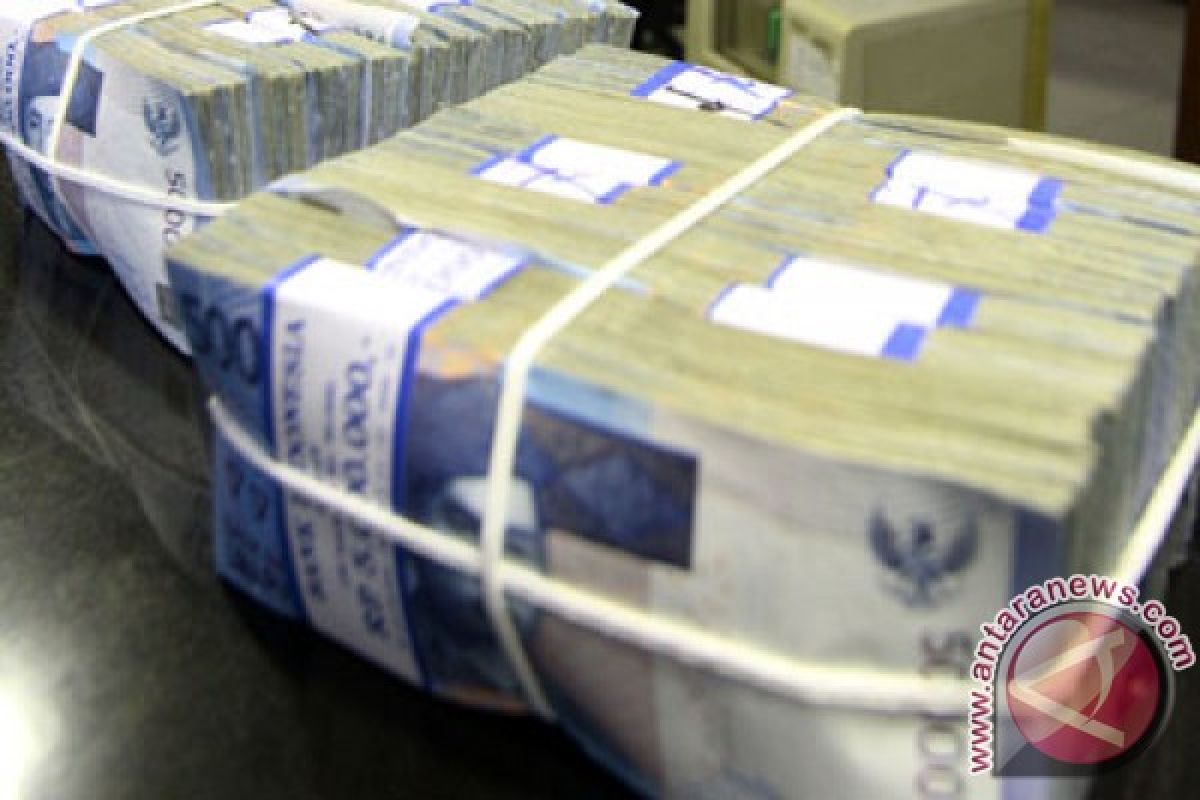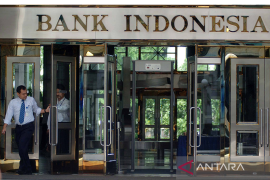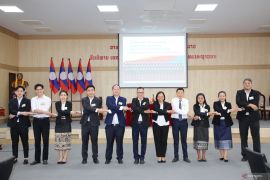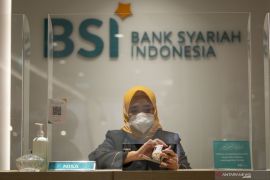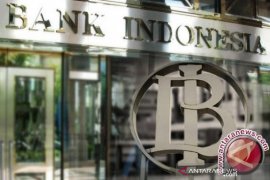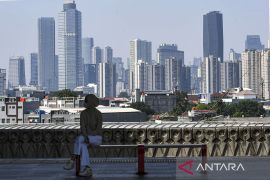"The decision is congruent with the efforts to control inflation within the target corridor of 4 percent, give or take 1 percent, in 2015 and 2016," BI spokesperson Tirta Segara stated here on Tuesday.
Segara pointed out that despite widespread global uncertainty, BI's policy mix is consistently focused on maintaining macroeconomic stability and preserving growth by implementing an accommodative macroprudential policy.
Furthermore, BI continues to strengthen policy coordination with the government in order to control inflation and to expedite the fiscal stimuli in a bid to boost economic growth.
"In addition, BI supports the efforts of the central and local governments to accelerate budget realization, including infrastructure projects, while persevering with a variety of structural reforms as the key to improving the nations future economic outlook," Segara remarked.
BI has assessed that the global growth remained towards the lower end of the previous projection amid ubiquitous uncertainty blighting the global financial markets. Weaker-than-expected growth stemmed from economic moderation in China coupled with flagging US economic indicators.
"Despite early signs of improvement, the United States' economic projections were revised down on weak first-quarter actuals coupled with sluggish exports and investment," he pointed out.
In addition, Segara stated that uncertainty regarding the expected Fed's fund rate (FFR) hike in the United States persisted.
Economic moderation endured in China despite early signs of improving monetary indicators in line with the looser policy stance adopted. In contrast, Europe's economy rallied as domestic demand surged amid the undulations of the ongoing crisis in Greece.
"The sluggish global economy perpetuated sliding international commodity prices despite a gradual increase in the oil price. In the global financial markets, uncertainty concerning the proposed FFR hike and the crisis in Greece as well as the fall in stock prices in China demonstrated that risks in global financial markets remain intense," he affirmed.
On the home front, he noted that domestic growth was projected to remain limited in the second quarter but then rebound thereafter in the third. Households were inclined to consume less as confidence ebbed, which was reflected by declining automotive and retail sales.
In addition, central and local government spending also remained low, precipitating limited investment growth in line with delayed infrastructure realization and weak investment in machinery and transportation equipment.
"The sluggish global economy perpetuated sliding international commodity prices despite a gradual increase in the oil price. In the global financial markets, uncertainty concerning the proposed FFR hike and the crisis in Greece as well as the fall in stock prices in China demonstrated that risks in global financial markets remain intense," he affirmed.
On the home front, he noted that domestic growth was projected to remain limited in the second quarter but then rebound thereafter in the third. Households were inclined to consume less as confidence ebbed, which was reflected by declining automotive and retail sales.
In addition, central and local government spending also remained low, precipitating limited investment growth in line with delayed infrastructure realization and weak investment in machinery and transportation equipment.
Externally, limited export growth was projected due to an inauspicious global economy and persistently low international commodity prices.
"Moving forward, BI forecasts the economic growth to improve during the second semester of 2015, as infrastructure projects are implemented, and banks extend more lending," he added.
"Moving forward, BI forecasts the economic growth to improve during the second semester of 2015, as infrastructure projects are implemented, and banks extend more lending," he added.
Editor: Ade P Marboen
Copyright © ANTARA 2015
